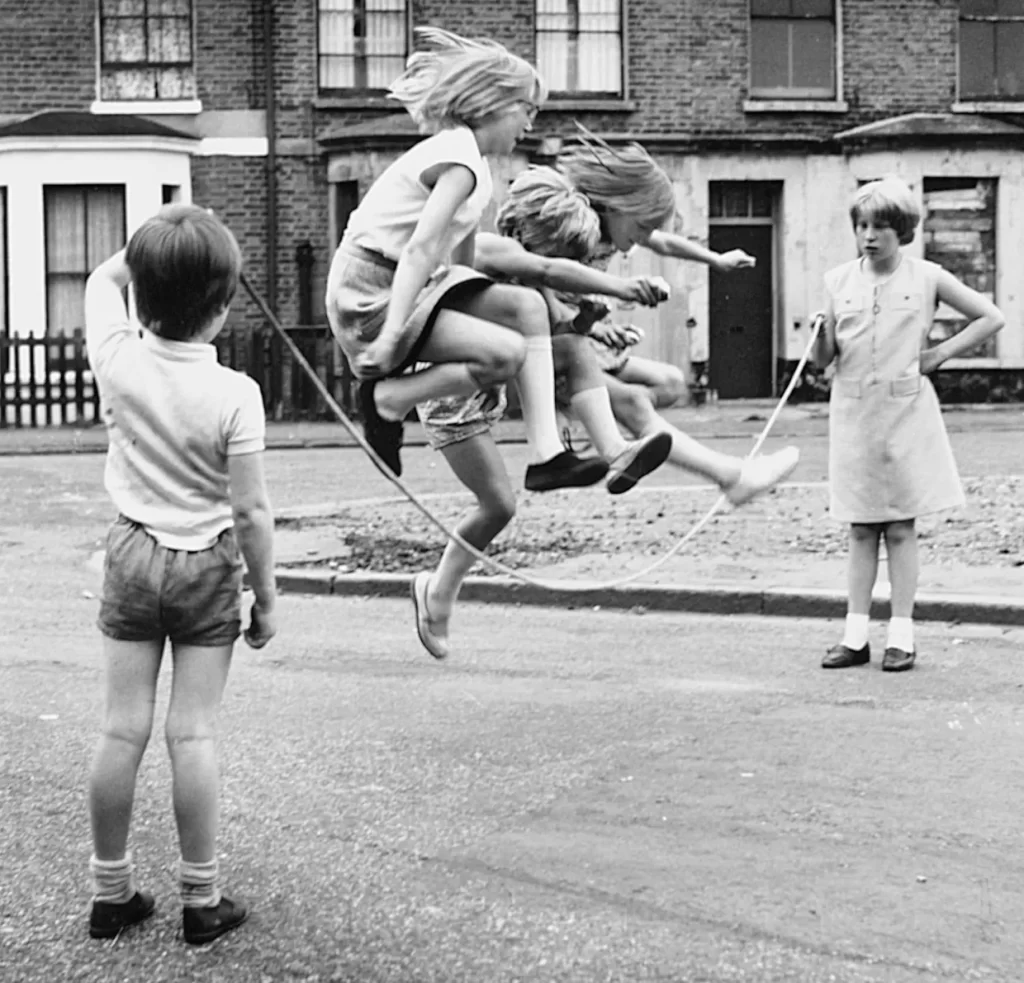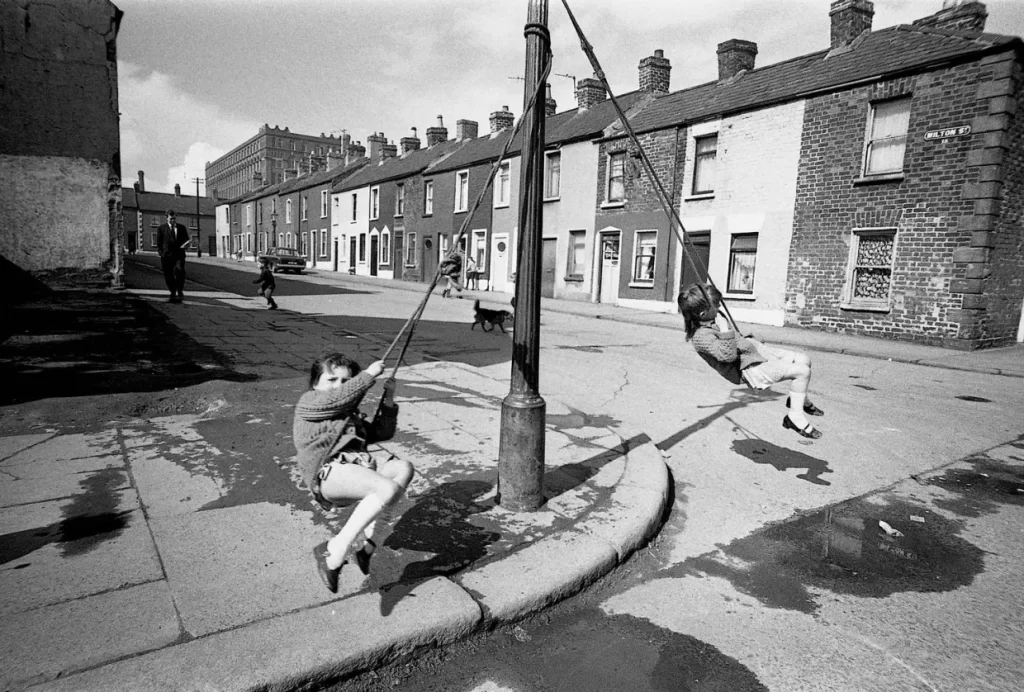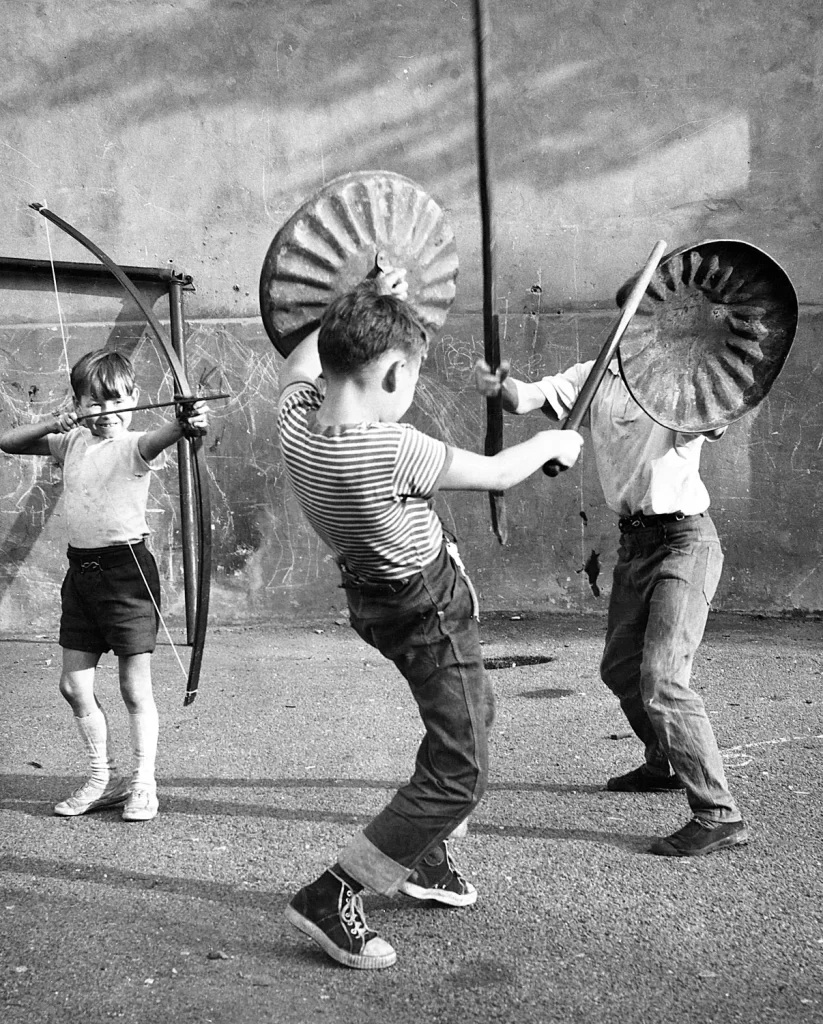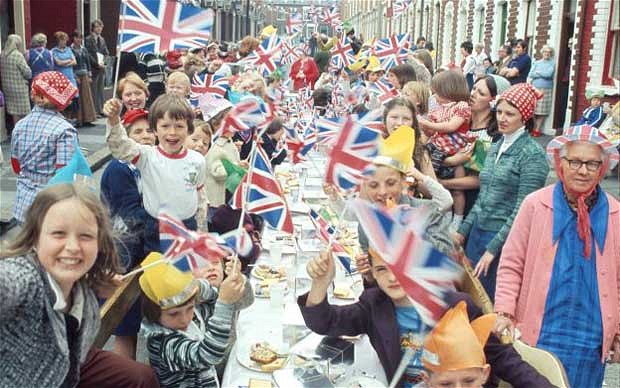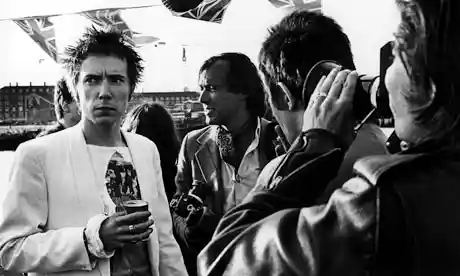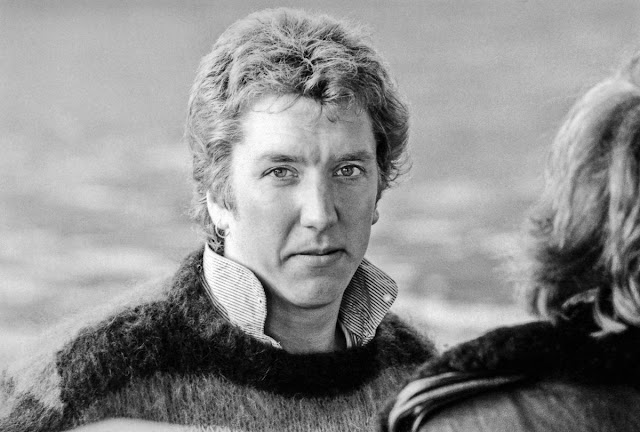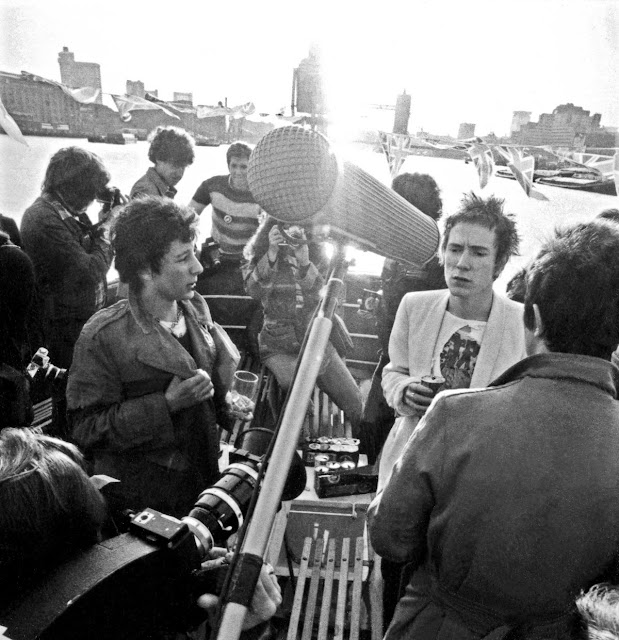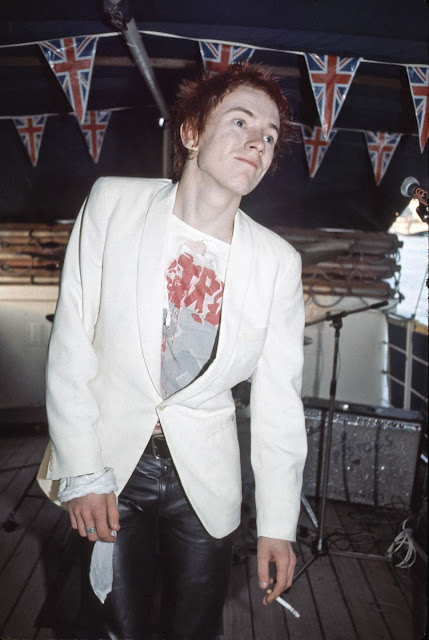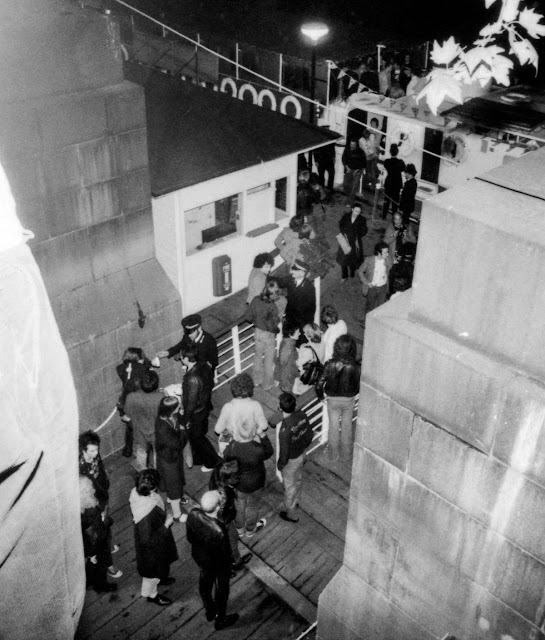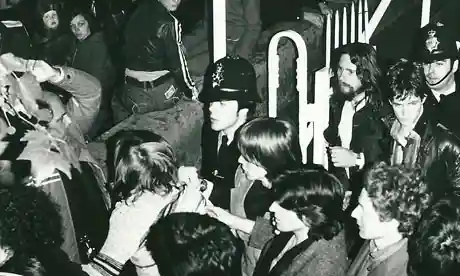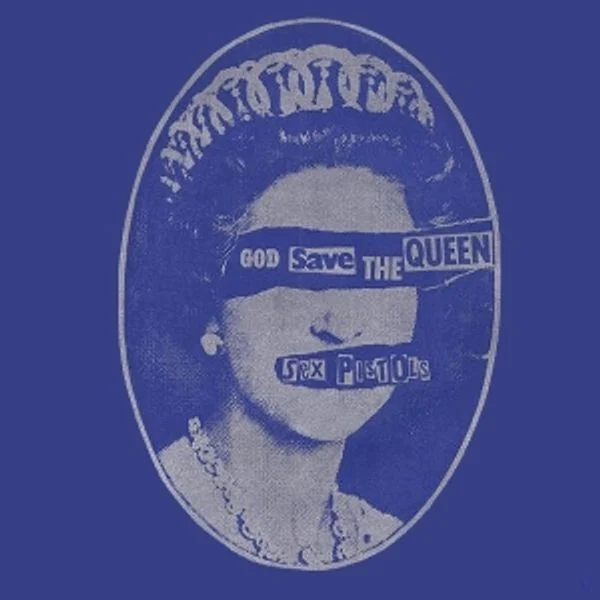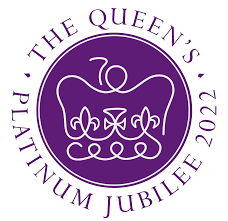
The Queen is the first British monarch to celebrate a Platinum Jubilee and the nation is preparing to celebrate her 70 years of service. For Brits, the meaning of the word jubilee is taken for granted as we have a long history of celebrating monarchs’ jubilees over the centuries. But just for a bit of housekeeping, a jubilee is an anniversary of an event, usually denoting the 25th, 40th, 50th, 60th, and the 70th anniversary. Originating from the bible, the term is often now used to denote the celebrations associated with the reign of a monarch after a milestone number of years have passed. So the approaching Platinum Jubilee celebrates Queen Elizabeth’s 70 year anniversary of being crowned the Queen, in 1952.
For me, the year 1977 means the Silver Jubilee, the 25th anniversary of the coronation. I was 12 and I remember it being a huge event, starting in February and culminating in June. On 6 June, the Queen lit a bonfire beacon at Windsor that started a chain of beacons across the country. There is a long tradition of celebrating Royal Jubilees, Weddings and Coronations with the lighting of beacons on high ground. A beacon chain, once used as a tool for communication, has now become a symbol of unity across towns, borders, countries and continents. In 1897, beacons were lit to celebrate Queen Victoria’s Diamond Jubilee. In 1977, 2002 and 2012, beacons commemorated the Silver, Golden and Diamond Jubilees of The Queen. I watched the lighting of the beacon on the TV in 1977 and loved seeing the beacons lighting up into the distance, a real feeling of connectivity.
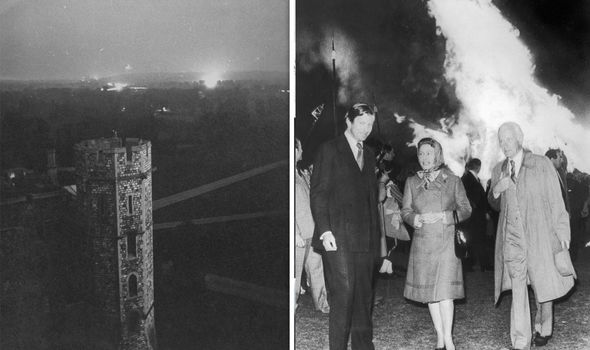
The next day, the 7th of June, was the big day, with the drive in the Gold State Coach to St Paul’s Cathedral for a service of Thanksgiving that was attended by heads of state from around the world and former British prime ministers. Afterwards, the Queen and members of the royal family attended a lunch at the Guildhall. The procession returned to Buckingham Palace through the Mall, a televised event that was watched by an estimated 500 million people worldwide. It is estimated a million people lined the streets of London that day to try to get a glimpse of the Queen.
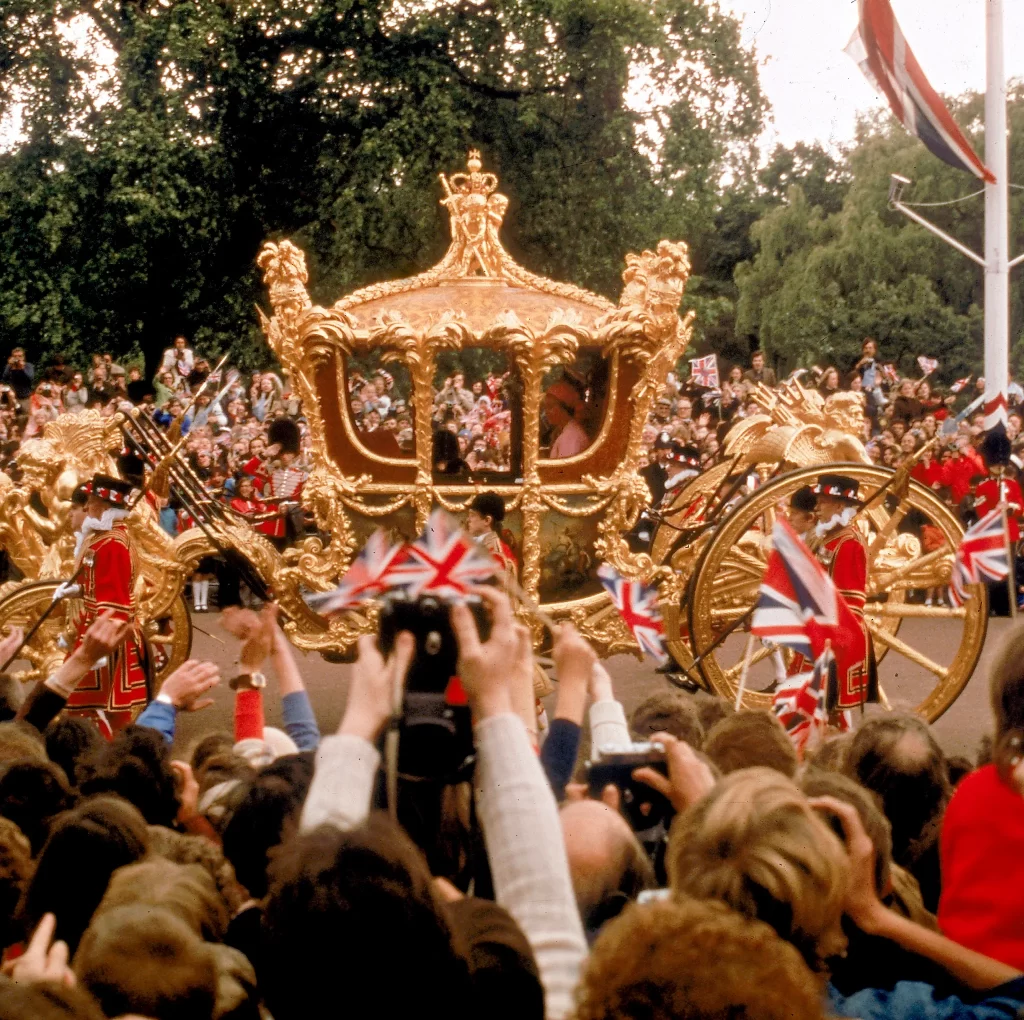
It is the connectivity of these types of events that interests me. The connectivity of people. And this cannot be displayed more vividly than the thousands of street parties that were held on 7th June by normal people in normal streets. It is estimated that more than 4,000 street parties were held in London alone. That’s 4000 small communities getting together to organise a celebration, a party. A chance to connect with your neighbours, some you may know well, others you may have never spoken to.
Street parties on a mass basis started in 1919 and were sit-down tea parties in the street, known as “peace teas”, a special treat for children who had suffered during WW1 and the Spanish Flu. And ever since, street parties have been focused on kids, to give them a great day they will never forget. Street parties have been held since those first peace teas for coronations, jubilees, royal weddings and other major events.
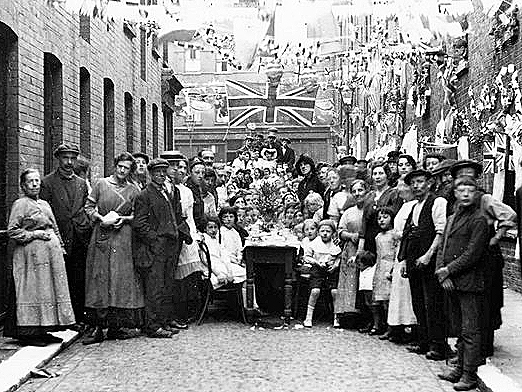
Anyone can organise a street party. It just needs a leader, someone to rally some willing neighbours to help with the organising. The first important thing to do is to get permission to close the street from cars. Back in 1919, this wasn’t an issue, but nowadays, almost every street is a thoroughfare for vehicles so having them excluded is essential. With no cars to worry about, it’s a nostalgic feeling, back to the times when kids could freely play in the streets.
Then there’s the decorations. Bunting is a must. These small flags are attached to string and hung across the street. For a royal themed street party, union jack flags are obviously the go-to bunting. Tables and chairs are set up in the street, residents organise the food and drink, someone organises the music (which cannot be too loud or the police will be called) and a party is born! The food should be kid-friendly, with lots of sandwiches, sausage rolls, cakes, jelly and soft drinks. Kids games are a must, with fancy dress competitions being very popular.
While my memories of street parties are all tied to royal events, it seems more recently the British government is actively encouraging communities to organise street parties at any time, and my home town of Bristol is leading the way. It’s the street party capital of the UK, with over 100 parties organised a year. Bristol is known for its neighbourly culture and with the help of a supportive city government, it’s party time in the west country!
You can check the locations of the registered street parties for the Platinum Jubilee on this interactive map: https://platinumjubilee.gov.uk/events/
At the time of writing, 1171 parties have been registered.
A Bit of Pop-Culture (warning, contains punk rock!)
While the nation celebrated the Silver Jubilee on 7 June with street parties, another altogether different gathering was happening on the River Thames. Malcolm McLaren, manager of the punk bank The Sex Pistols, chartered a boat, aptly named Queen Elizabeth, to cruise down the river, alongside all the pomp and ceremony happening with the jubilee, with the band to play their recently released new single, God Save The Queen as they passed the Houses of Parliament. Pure McLaren genius! Other members of the boat party included designer Vivienne Westwood, Richard Branson, owner of the band’s record label Virgin Music, filmmaker Julien Temple and the top London music journalists. In true Sex Pistols style, it ended in chaos after the police forced the boat to dock. In Richard Branson’s words ”the police arrived, completely miscalculated the situation and decided to raid the boat. I argued with them as they boarded the boat. “Have you got a contract?” the police asked me. “Yes I have got the written contract. The reason you are here is because it’s the Sex Pistols and you want the Sex Pistols to be no interest in this event tonight.”
The police caused absolute chaos. The Sex Pistols manager Malcolm McLaren had some cheeky words for them, and about 10 policemen promptly responded by beating him up and arresting him. It was a huge overreaction by the police, but it certainly did the reputation of The Sex Pistols and Virgin no harm at all. God Save The Queen sales went through the roof and the band’s place in rock ‘n’ roll history was confirmed.
In 1999, Richard Branson was knighted by The Queen. so I guess all was forgiven.
